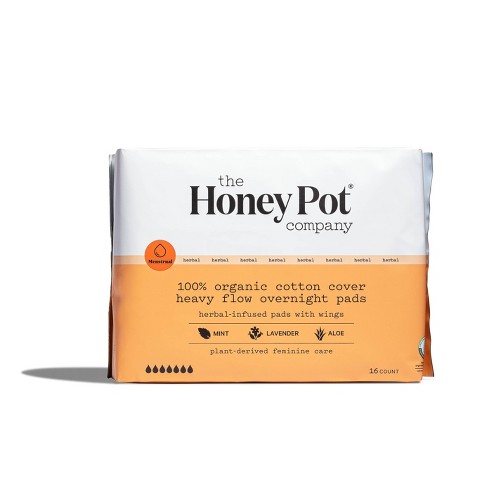

And I don't say that to say that I'm opposed to the notion of buying Black, right? - that I'm opposed to the notion of knowing that it was Black women that invested in this company first and made it what it was and continue to make it what it is. And she said it made her grateful and proud, while also emphasizing that she wanted her products to be for everyone.ĭIXON: The reason why I got into this business - my intention wasn't, I want to make this to only serve Black women.

When we reached her last week, we asked what it meant to her to be a Black-owned business that clearly spoke to many Black customers. RASCOE: That's Bea Dixon, the Honeypot CEO and co-founder, who says the company has not been sold. But when they noticed an unannounced ingredient change to a product, a rumor started online that The Honey Pot was no longer Black-owned, with some consumers complaining about Black-owned companies that, quote, "sell out."īEA DIXON: I can't say why.
#HONEYPOT COMPANY PLUS#
The company known as The Honey Pot markets its products as, quote, "natural." To some customers, that was part of the appeal, plus the fact that it's a Black-owned business. Earlier this month, a Black-owned company that makes feminine hygiene products faced a backlash online that seemed to come in large part from Black women who loved the brand.


 0 kommentar(er)
0 kommentar(er)
